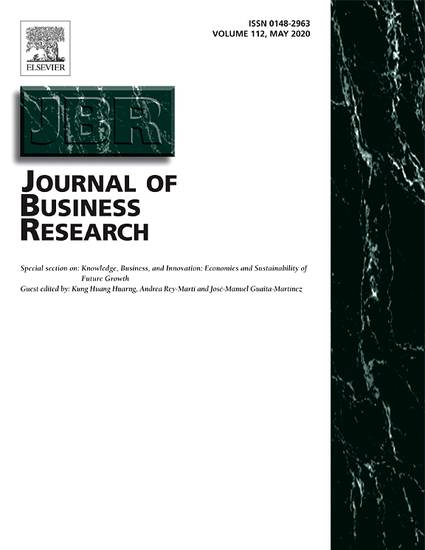
Individuals typically believe that a highly valued personal attribute is a non-malleable trait-like entity (entity theory), or that the attribute is malleable and can be changed and developed (incremental theory). Research suggests that entity theorists perceive existing norms, regulations, and moral orders to be more rigid, whereas incremental theorists assess morality in terms of broad principles that shape world views. We argue that these differences in traits would increase incremental theorists’ propensity to act opportunistically as compared to entity theorists. The results of our experiments confirm these expectations and indicate that business pressures are an overarching driver of opportunistic financial reporting. This result suggests that while pressures and personal attributes do interact to drive opportunistic behavior, if individuals are put under pressure, they are likely to act opportunistically irrespective of their personal attributes. Additionally, our results also indicate that mindsets are a stable predictor of opportunistic behavior across different contexts.
